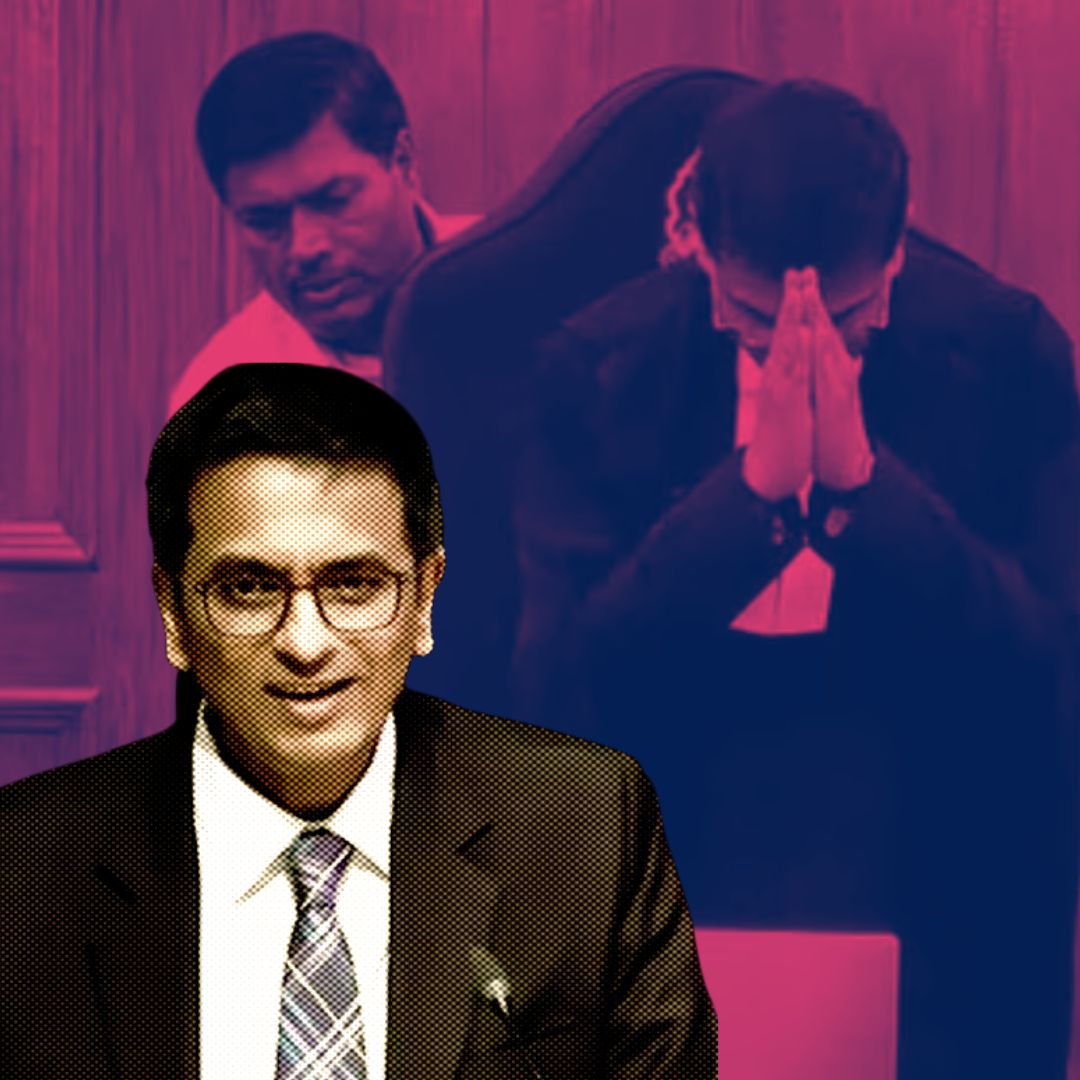CJI D.Y. Chandrachud, who served as the Chief Justice of India from November 2022 until his retirement on November 10, 2024, has made a significant impact on Indian jurisprudence through several landmark judgments. His rulings have addressed critical issues such as privacy rights, LGBTQ+ rights, electoral reforms, and federalism. Below is a summary of some of the most notable judgments delivered during his tenure:
Major Landmark Judgments
1. 11 October 2024 – SC/ST Sub-classification Allowed
Case: State of Punjab v. Davinder Singh
The Supreme Court permitted states to create sub-classifications within SC/ST categories to address “backwardness within backwardness,” subject to empirical evidence, thereby enhancing affirmative action measures.
2. 8 November 2024 – Electoral Bonds Scheme Struck Down
Case: Association for Democratic Reforms v. Union of India
Ahead of the 2024 elections, the court declared the Electoral Bonds Scheme unconstitutional, affirming voters’ rights to information regarding political party funding.
3. 2023 – Marriage Equality Plea
Case: Supriya Chakraborty v. Union of India
In this ruling, CJI Chandrachud expressed support for civil unions for LGBTQ+ couples but ultimately left the question of legal recognition to Parliament.
4. 2023 – Upholding Abrogation of Article 370
Case: In Re: Article 370 of the Constitution
This judgment upheld the abrogation of Article 370, reaffirming Jammu and Kashmir’s special status within India while emphasising federal principles.
5. 2019 – Ayodhya Land Dispute
Case: M.S. Sriram v. Union of India
The Supreme Court awarded the disputed Ayodhya land for the construction of a Ram temple while directing the government to provide an alternative site for a mosque, resolving a contentious issue that spanned decades.
6. 2018 – Decriminalization of Homosexuality
Case: Navtej Singh Johar v. Union of India
The Supreme Court partially struck down Section 377 of the IPC, decriminalizing consensual same-sex relationships and emphasising equality and non-discrimination.
7. 2017 – Right to Privacy
Case: K.S. Puttaswamy v. Union of India
In a landmark ruling, the Supreme Court declared that the right to privacy is a fundamental right under Article 21 of the Constitution, highlighting its intrinsic connection to individual dignity and autonomy.
Additional Insights on CJI D.Y. Chandrachud’s Tenure
Emphasis on Constitutional Morality
CJI Chandrachud has consistently emphasised constitutional morality in his judgments, viewing the Constitution as a living framework that embodies societal aspirations and values.
Focus on Gender Justice
His tenure has been marked by a strong commitment to gender justice, addressing issues such as women’s rights and workplace equality through progressive rulings that advocate for stricter enforcement of laws against domestic violence and sexual assault.
Technology and Privacy
In an age where technology intersects with personal privacy, CJI Chandrachud has been vocal about robust data protection laws, underscoring citizens’ rights in the digital landscape.
Judicial Activism and Accountability
CJI Chandrachud’s approach has been characterised by judicial activism while maintaining a balance between judicial power and accountability.
Engagement with Public Interest Litigations (PILs)
The Supreme Court under his leadership has been receptive to PILs addressing pressing social issues, reinforcing its role as a guardian of fundamental rights.
Legacy of Inclusivity
CJI Chandrachud’s tenure is marked by an inclusive approach to justice, championing the rights of marginalised communities and emphasising equality before the law.
Impact on Future Jurisprudence
The principles laid down in his judgments are likely to influence future legal interpretations and decisions in India, serving as a reference point for cases involving fundamental rights and social justice.
Retirement and Farewell
On November 8, 2024, CJI D.Y. Chandrachud delivered an emotional farewell speech during his last working day at the Supreme Court. He reflected on his journey with gratitude and humility, expressing profound satisfaction for having served those in need throughout his tenure. In his heartfelt address, he sought forgiveness from anyone he might have unintentionally hurt during his time on the bench:
“If I ever hurt anyone… please forgive me,” he stated tearfully while acknowledging how deeply he valued each day spent serving justice.
Chandrachud praised his colleagues and expressed confidence in his successor, Justice Sanjiv Khanna, describing him as “stable” and “dignified.” He emphasised that while he would be leaving, there would be no difference in the court’s commitment to justice under Justice Khanna’s leadership.
The Logical Indian’s Perspective
At The Logical Indian, we believe in fostering a society built on peace, dialogue, kindness, empathy, harmony, and coexistence. CJI D.Y. Chandrachud’s tenure exemplifies how judicial decisions can shape societal norms and promote inclusivity. His commitment to upholding constitutional values resonates deeply with our mission to encourage positive social change. As we reflect on his impactful legacy, we invite our readers to consider: How can we collectively contribute to fostering justice and equality in our communities?









